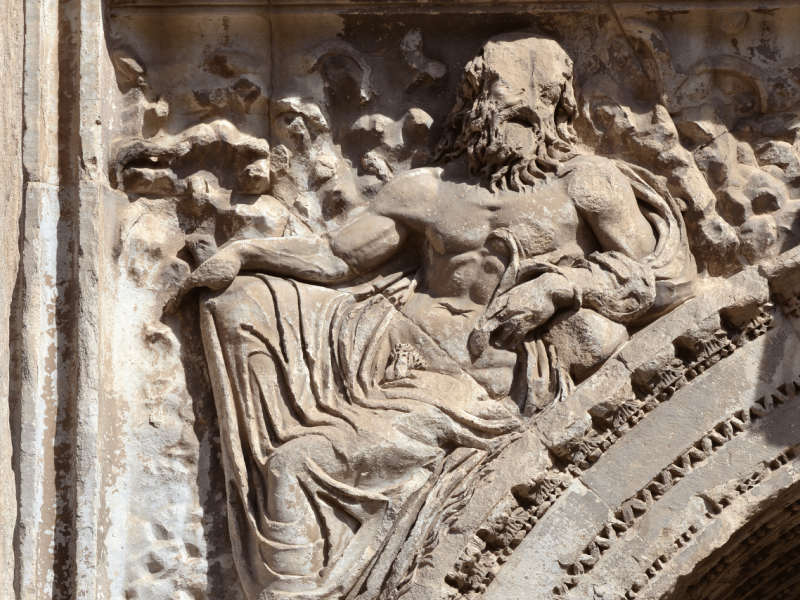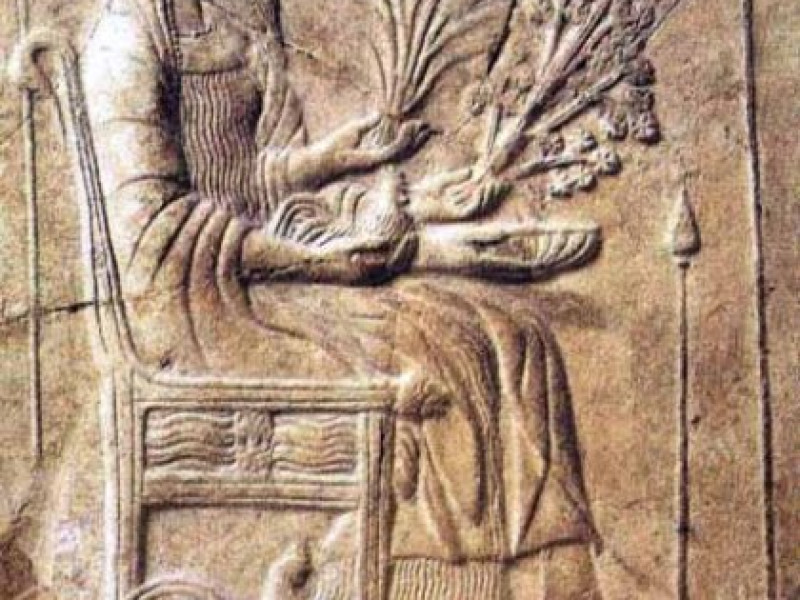Charon
The ferryman of the Underworld river. Charon's only duty was to ferry the shades across the Underworld river of Styx. I am not certain if Charon was a minor god, a spirit, or just an immortal being.
Charon required only fare of one coin (obol) from each shade to ferry the dead across. It was Greek custom to put a coin in the dead person's mouth before burial. The others who couldn't pay would wander restlessly for over a hundred years before being allowed across.
Normally Charon, wouldn't allow the living to cross. Psyche paid Charon to ferry her across Styx, as did Theseus and Peirithoüs. Heracles got away with not paying Charon by threatening the ferryman. Orpheus also got a free ride because of his enchanting music and voice.
Charon was often described as an ancient looking man, clothed in loincloth.
In astronomy, Charon is Pluto's moon or satellite.
Related Information
Name
Charon, Χάρων (Greek).
Related Articles
Hades, Persephone, Styx, Psyche, Heracles, Theseus, Peirithoüs, Orpheus.
By Jimmy Joe





